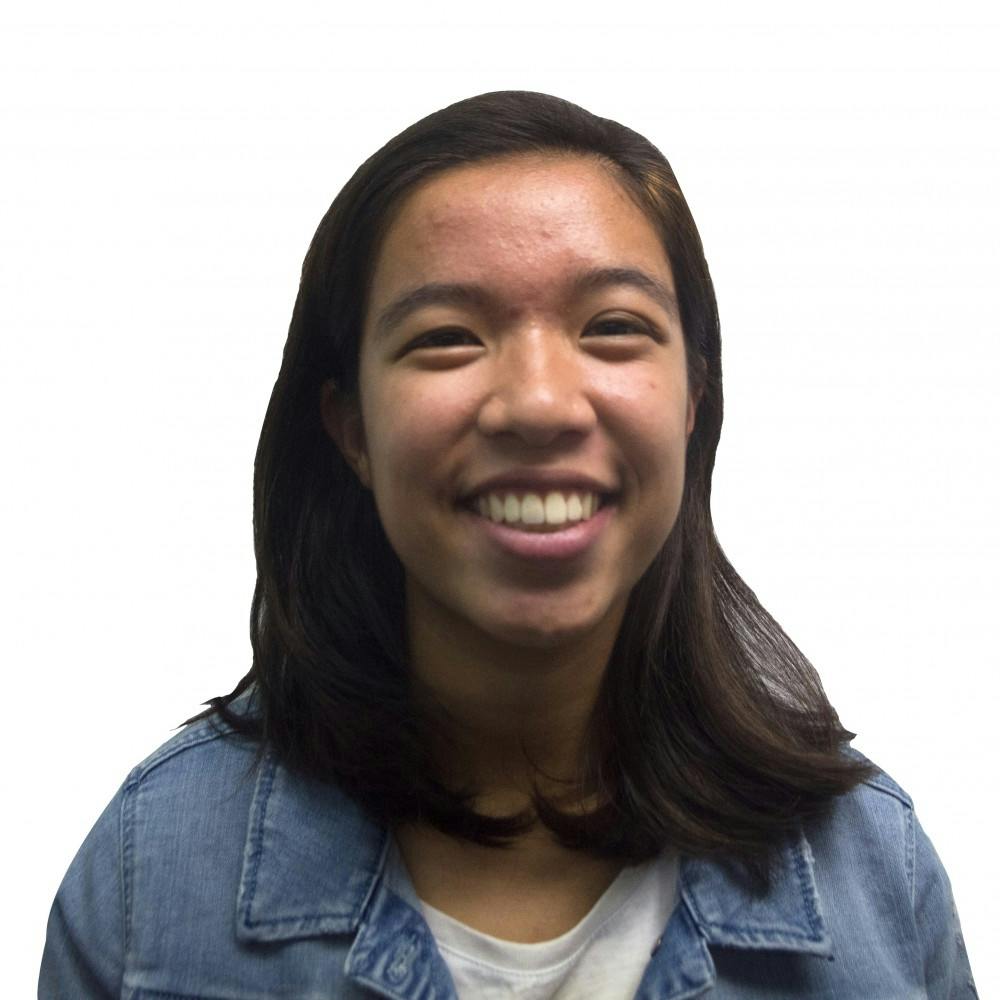The foreign sounds of Arabic engulfed my ears as I attempted to make some sense out of it. The professor gently clarified, “This is not an Arabic class, but I want you all to know how a recitation sounds.” Slowly, a pattern of rhyme and rhythm started to materialize. Slowly, my ears became attuned to the rises and falls in the language; its soft intonations and sharp glottal stops.
As I began to read the English translation of the Quran, I stumbled, lost in its chronology, historical context, allusions, voices, and surah divisions. I encountered new words, new figures, new styles, and new structures of worship and adoration.
Taking “Intro to the Quran” this semester has been painfully challenging, yet consistently rewarding. As a Christian enrolled in the course, it was an experience in discovering the foreign and re-discovering the familiar.
Learning more about what we already know is beneficial, but our classrooms also risk becoming echo chambers, reinforcing ideas we already resonate with. There is great education and adventure in taking classes in subjects that are not only foreign to us, but also challenge our fundamental assumptions and beliefs.
For example, if you are a Christian, consider taking a class on Islam or Buddhism. If you are Jewish, consider taking a class on the New Testament. If you are an atheist, take a class on a religion you’ve always been curious about. Male students should fill classrooms on feminism. Asian students in classes on African American literature and cinema. Worshippers of capitalism in a class on communism. Purveyors of liberal thought in courses leaning towards conservative belief systems.
Many of these courses, for example, “Communism,” “Intro to New Testament,” “Feminist Political Thought,” and “Black Public Art,” fulfill sectors and foundational approaches, allowing much room for discovery and inquiry while ticking off general education requirements.
I admit that we never enter these classrooms with completely open minds. We carry baggage into these classrooms — born from our ethnic, religious, social, and cultural histories and identities. The syllabi for these classes are also inevitably charged by the professors’ own research interests and backgrounds. These classrooms sometimes feel like minefields — where innocuous questions can unintentionally cause friction. And I have made my fair share of mistakes in my Quran class.
I once innocently asked about “intertextuality” in the Quran, failing to acknowledge that for believers, it is complete, holy, inimitable and incomparable scripture. We have talked about the “authorship” of the Quran, in full awareness that for believers, it is an infallible, unquestionably reliable revelation given to the Prophet Muhammad by God through the archangel Gabriel.
To take a class in something so foreign is ultimately a lesson in treading with sensitivity and humility. We learn to use more precise language. We learn to recognize the limits of our own worldviews. We cannot see much past the horizon of our own experiences, knowledge, and belief systems. It is where the sky meets land, where our vision meets its zenith. Yet, to speak metaphorically, we can explore and broaden these horizons — to see, perceive, know, and understand more. From sensitive discourse and education, may communal empathy and tolerance spring forth.
College is the best time for us to broaden these horizons, just because of the sheer variety of courses available and the diversity of people we are surrounded by. When we make mistakes in classrooms, we can be corrected by knowledgeable professors with patience and acuity. In the “real world,” we can’t always expect this.
These classes are difficult — not because of a “3.3” difficulty rating on Penn Course Review, but because they threaten to pull the rug from under our feet. These classes ask the hard questions and force us to grapple with our most fundamental beliefs. Though Advance Registration may be over, the Course Selection Period still looms ahead. Though at the end of the day, these classes may not actually pull the metaphorical rug completely from beneath our feet, may we not leave college without at least giving it a tug.
SARA MERICAN is a College sophomore from Singapore. Her email address is smerican@sas.upenn.edu. “Merican in America” usually appears every Monday.
The Daily Pennsylvanian is an independent, student-run newspaper. Please consider making a donation to support the coverage that shapes the University. Your generosity ensures a future of strong journalism at Penn.
Donate







